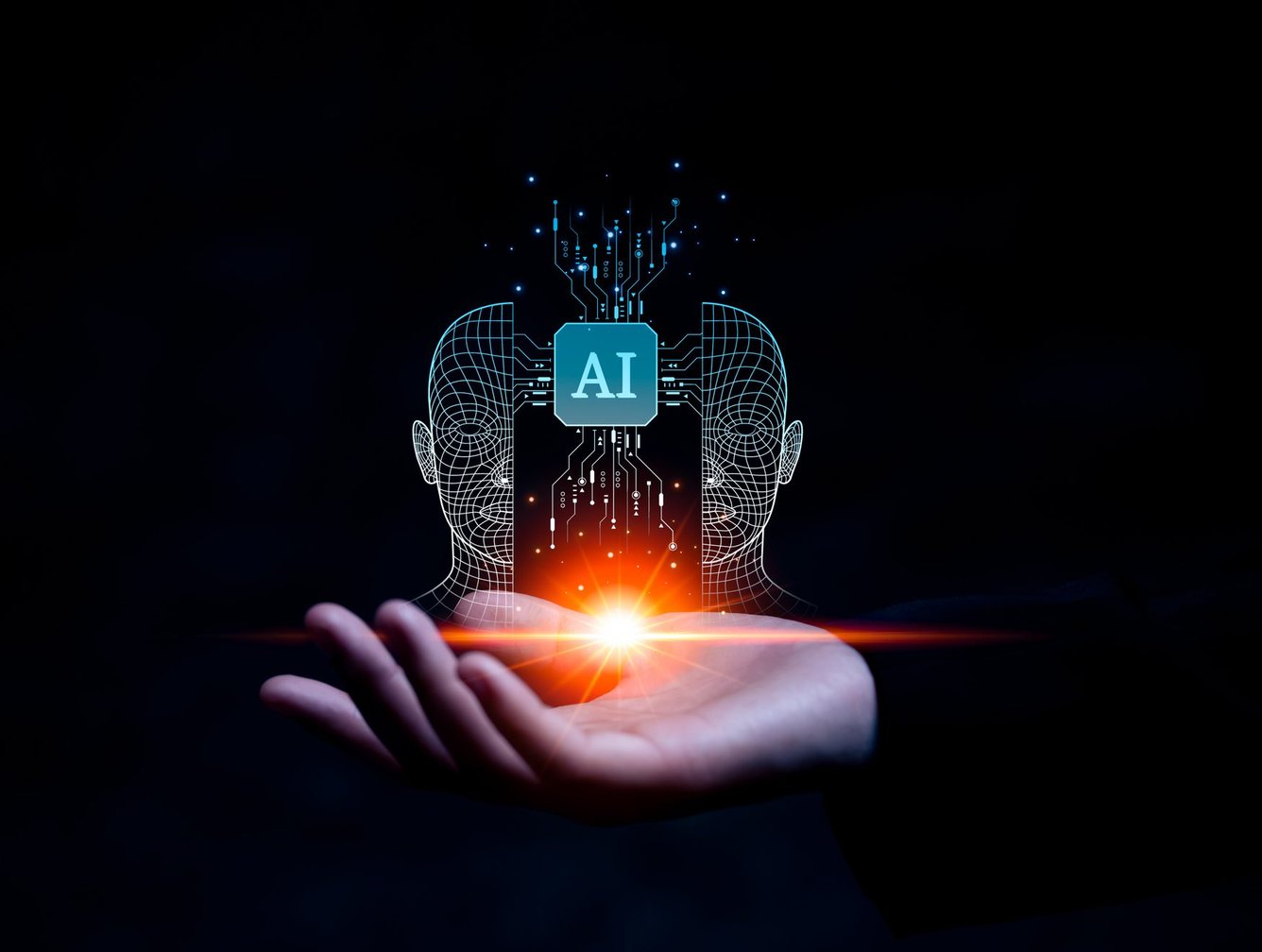In the constantly changing world of software development, prioritizing code quality remains a fundamental goal. Exceptional code quality not only guarantees smoother execution but also diminishes the risk of security vulnerabilities, leading to an overall improved user experience. Moreover, in today’s competitive market, code quality serves as the key differentiator factor for products and services, building trust and customer loyalty.
As technology progresses, our capacity to enhance code quality evolves, and at the forefront of this revolution is Artificial Intelligence. AI has emerged as a powerful tool, ready to transform how developers approach code quality. AI leverages machine learning algorithms to conduct automated code analysis, identifying issues, also providing recommendations for coding standards and optimization.
With the constant introduction of innovative AI powered tools, let us explore various scenarios where AI can be utilized to enhance the quality of code.
- AI driven code review tools can complement human reviewers, enhancing the efficiency of the code review process. These tools assist by automatically identifying potential issues and ensuring adherence to coding standards, allowing human reviewers to focus on more critical aspects of code. This collaborative approach can help in generating high quality software.
- AI assisted code generation greatly simplifies development tasks, providing developers with code snippets and smart suggestions, significantly reducing coding effort and learning curves needed for new technologies. The ease of use helps developers to boost productivity.
- Bug detection often poses a challenge for developers, requiring significant time and effort. In this context, AI plays a major role by analyzing code patterns, data flow and syntax and identifying potential errors. Leveraging historical data and machine learning algorithms, AI can predict issues and provide insights on how to effectively resolve the same.
- Code refactoring becomes essential when dealing with complex and hard to maintain codebases, but it does come with a potential risk of introducing new bugs or functionality breaks. With its advanced analysis capabilities, AI offers code refactoring suggestions to systematically improve code quality and making it less error prone.
- AI for performance optimization can play an important role in identifying performance bottlenecks by finding areas of code which runs slower or uses more memory than needed. Once identified, using AI suggestions like refined algorithms or better memory usage, code efficiency can be enhanced resulting in better user experience.
- As important as well written code is for developers, good documentation holds equal significance aiding future modifications and maintenance. AI assist in this regard by using its natural language processing capabilities to generate documentation by analyzing the code.
- AI can be used to write test cases by analyzing code to identify potential test cases and generate them. This not only saves effort and time, but also ensures that all possible scenarios are covered and keeping the test cases up to date.
- AI can enhance code security by detecting potential security vulnerabilities, suggesting remedial actions and to automate these tasks. Through its continuous learning and adaptability, AI can ensure that the software remains strong against evolving threats.
With the continuous release of AI tools such as GitHub Copilot, Amazon CodeWhisperer, Tabnine, its essential to keep an eye on this space to discover the latest features and advancements they bring to the table.
While AI coding tools offer immense capabilities, it is crucial to strike a balance with human oversight. AI should complement the experience, insights, and judgements the developer brings in. This collaborative approach ensures a blend of automation and human expertise, leading to more efficient solutions in software development.












bookmarked!!, I really like your site!